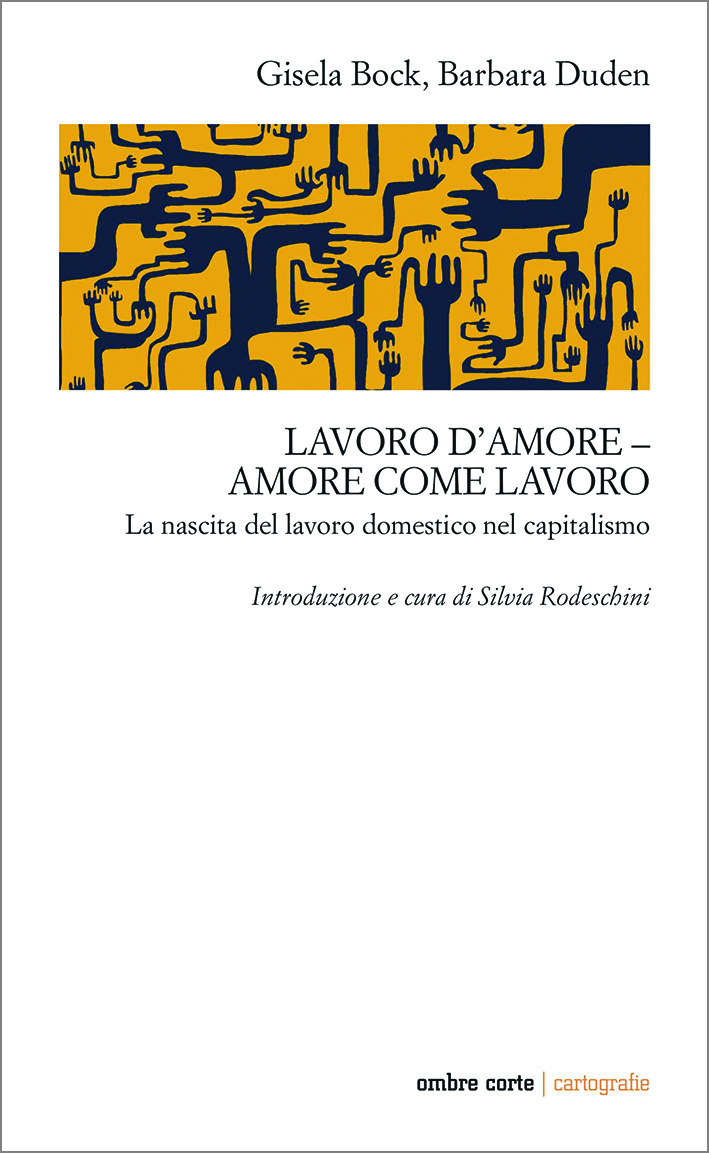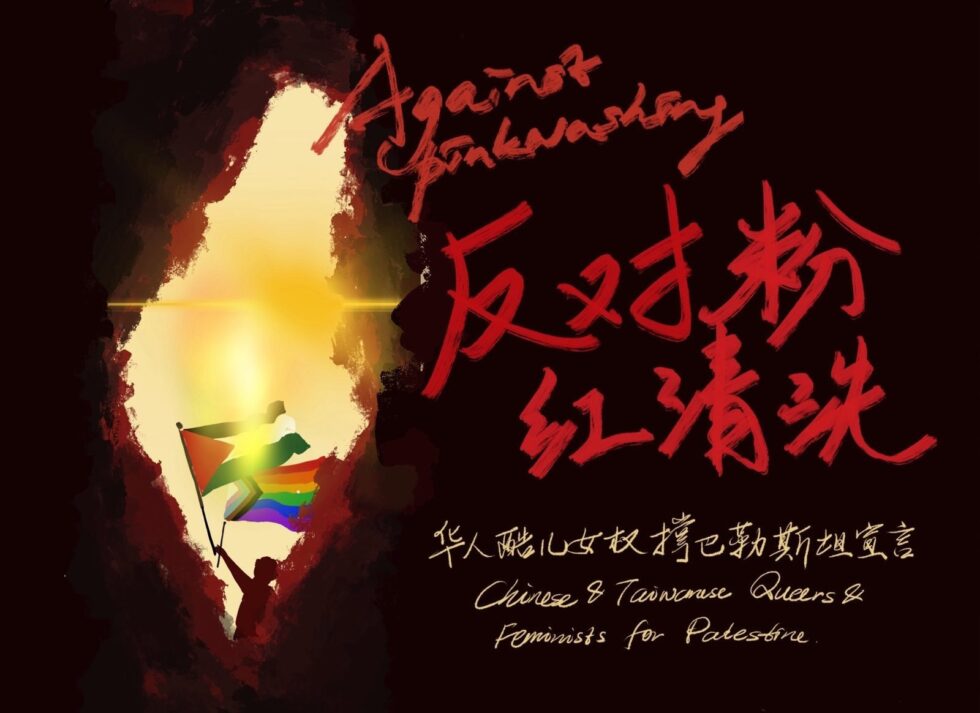Continua la pubblicazione degli interventi del Convegno “Sovvertire l’infelicità. Undoing unhappiness”. Qui l’intervento dall’Irlanda, presentato da Paola Rivetti, frutto di una discussione tra diversi gruppi politici di Dublino. Si dice in attacco: “Prendendo molto seriamente il titolo e lo scopo del convegno, il nostro contributo si propone di evidenziare come un certo numero di forze sociali e politiche della Repubblica irlandese abbiano trasformato l’infelicità (ancora presente, in qualche caso) in un tema sovversivo. Se infelicità non può essere nominata e le misure di austerità sono presentate come “sacrifici” che tutti noi dobbiamo fare per un bene più grande, la dichiarazione di “fallimento” e di non conformità alle richieste diventa una dichiarazione rivoluzionaria che “dice la verità” al potere”.
*****
Since the “glorious recovery” of Irish economy after the 2008 burst, it seems that unhappiness has been banned from the Republic. The new 2015 budget law has been described as marking “the end of budgetary austerity”, after eight subsequent budget laws characterised by cuts and austerity measures. The official rhetoric revolves around the notion of a newly found happiness, moderate though, not passionate and irrational as it was during the boom of the 1990s and 2000s, and seems mindless of the long-term damages that the austerity program has caused and that still impact on people’s lives.
Taking seriously the title and the mission of the conference, this contribution aims to highlight how a number of social and political forces in the Republic have turned unhappiness (still present, surprisingly) into a subverting theme. If unhappiness cannot be named, and the austerity measures are presented as “sacrifices” we all have to make for a greater good, then, declaring failure and non-compliance becomes a revolutionary statement that “speaks the truth” to power.
A number of groups and campaigns have organised, carving out room for bios, for life, for putting in common anxieties, naming unhappiness and finding ways to react to it. Occupy Dame Street was a display of such an attempt, even visually, with tents and a permanent stronghold in front of the National Bank of Ireland. We’re Not Leaving responded to the government’s explicit invite to consider the emigration as a possibility at the height of the crisis with the “celebration” of precarity at home. Also, countering the official discourse representing the people who emigrated (475,000 since 2008, out of a work force of about 2 million) happy to do so because they were “lifestyle emigrants” who wanted fun in the sun in Australia and were chasing happiness that way, they exposed the unhappiness of Irish migrants who missed their families and friends, and cried at the airport because they wanted to move home but could not because of no jobs. Other campaings organised around job insecurity (Third Level Workplace Watch, Work Must Pay), expose the pernicious effects of persistent precarisation and casualisation of the job market, articulating a radically different narrative of a growing economy of plenty, in which amazing job opportunities are at hand for everybody, and constructing radical opposition.
New taxation originated from austeriy measures, such as the water charge, has been contested, with anti-taxation movements becoming broader social coalitions protesting the privatisation of natural resources and the commons. The “Says No” phenomena emerged. Strands of occupy dame street, anti-austerity campaigns and new anti-establishment sentiment loosly formed into Says No groups. Says no, conceptually was defined by the right to say no, to declare NO to X. Each group had its own structural, usually limited, demands: Says No to Austerity, Homelessness, Suicide, Water Charges were some of the most common. They would have weekly marches, tramsforming deep-seated unhappiness into anger and channelling it into a basic beginning, a cathartic regular marching or direct action routine.
Water, a common good, has allowed Irish protesters to sail well off the island’s coast to join Palestine, as one of the chants heard at the marches is “From the river to the sea-Irish water will be free”, in solidarity with the Palestinians’ struggle. International solidarity was turned into an instrument of struggle by the Greek Solidarity Campaign too, which not only subverted unhappiness exposing the effects of austerity in Greece, and making them resonating with the same measures in Ireland; but also created hedonism and chaos squatting the Euro Building, dancing Greek dances at protests, and sending feta cheese to the Department of Finance.
Groups campaining for the right to housing (Dublin Tenants’ Association, Irish Housing Network) tackle the financialisation of the city, yet building on a decades-long tradition of popular struggles for housing rights in Dublin and in Ireland. These experiences have also been defiant of mainstream representations of unhappiness, often conflated to material deprivation and suffering of the body, with which the nation can empathize, at the expenses of the production of autonomous and critical subjectivities and a broader critique of the economic policy program put in place. Struggle however has not taken place in the city only, but in rural areas as well against evictions and in the form of mortgage fight backs, linking to historical peasants’ struggles against landowners. A flourising squatter scene in Dublin explores forms of life in common (Barricade Inn, housing co-ops). Places such as the Grangegorman squat, the Barricade Inn and the Bolton Hostel subverted carelessness with a spectacle of solidarity, care and liberation from need.
The Precarious Bloc, which made its appearance at the 2015 May Day Parade in Dublin carrying a banner reading “WFT-what the future”, had the ambition of offering a show of unhappiness, takling the effects of the crisis as well as more persistent issues such as racism and the absence of rights for sex workers, yet reclaiming the future and the power of life. The Repeal the Eighth Amendment (which equates the right to life of a pregnant woman with that of an embryo or foetus, criminalising abortion) coalition is also using unhappiness for broader subvertion. The accont by Irish women of their experiences of abortion, shared with the wider public, is a powerful example of how, if put in common, unhappiness becomes subvertive of institutional boundaries. The struggle against direct provision (the Irish system of reception in place for asylum-seekers, who are “accommodated” in centres which are similar to detention centres) has also made of unhappiness a political theme, with asylum-seekers living in direct provision centres talking about the unhappiness and mental health difficulties created by it.
Far from being two irrenconcilable ends, un/happiness are the two faces of the same coin. “Corporate happiness” has been challenged on the ground of damaging people’s health. In 2013, people organised against Diageo (multinational alcoholic beverages company and the world’s largest producer of spirits, beer and wine), Arthur’s Day and their Drink Sensibly campaign. Christy Moore (a folk singer one-time alcoholic) released a song critical of Arthur’s Day. Des Bishop, a comedian, did a documentary series on the back of this, criticising the Drink Sensibly campaign. Arthur’s Day was then canceled. It was a rare occassion of Irish people politicising and organising against the historic alcoholism and big alcohol corporations. Guinness, now Diageo, was always championed as part of Irish culture, successful exporters and business. Questioning “the craic” (the fun) is never permitted, but for a moment the corporate, mandatory craic was questioned and rejected on the grounds of it not actually being real craic or happiness. On the other side, happiness can be the unintended outcome of difficult circumstances, and new solidarities can be forged. The marriage equality referendum, thought problematic in its assimilation of the gay marriage into a liberal narrative and bourgeois happiness, was also a conscious and directed hit back against the church. A major theme was to let people be happy against the enforced unhappiness of the church for generations. The celebrations in downtown Dublin during the night of the result saw an explosion of love and chaotic happiness impossible to control, demonstrating that undoing, subverting unhappiness is only possible if we first of all recognise its presence and the effects of it.






Scrivi un commento